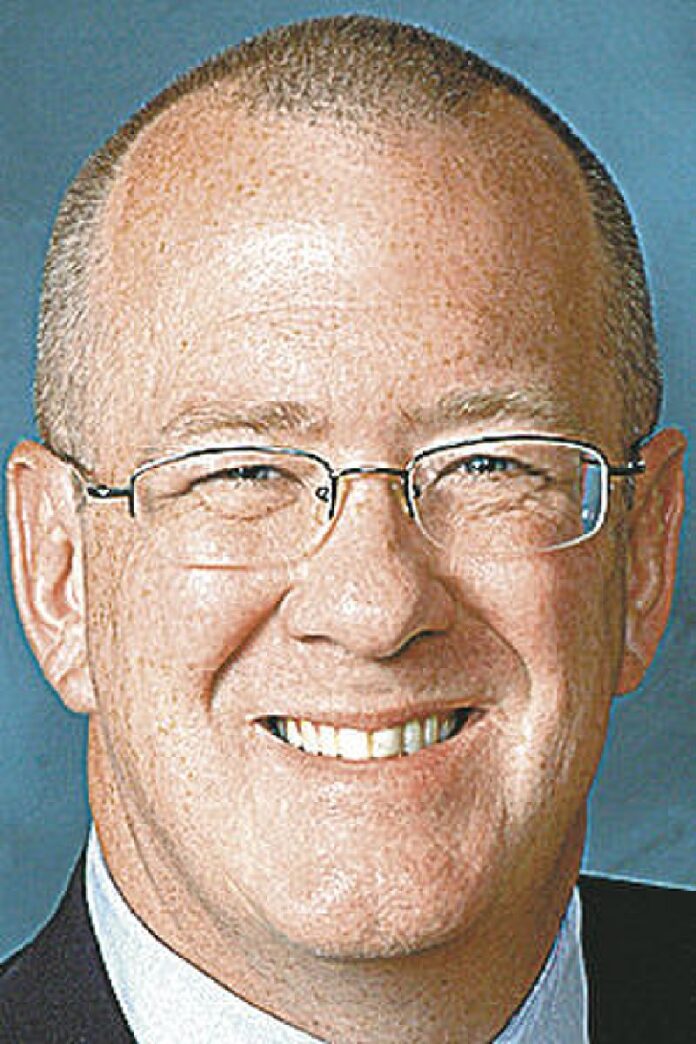It is election season, and voters are right to consider issues of taxes and spending. Of course, fiscal policy isn’t the only consideration of electoral decisions. Still, fiscal policy matters, and we should be honest with ourselves about the effects of contrasting policies. I begin with a few unassailable facts.
All things being equal, higher taxes tend to reduce economic activity. You cannot argue that it is good to tax alcohol or cigarettes heavily to dissuade consumers from smoking and drinking, and then pretend that income or property taxes have no effect on earnings or wealth. It is also true that, all things being equal, higher government spending tends to increase economic activity.
Of course, all things are never equal, and we balance the taxes and spending through the political process, but there is not some permanent tax or spending level that is optimal. The experience of the past decade and the new COVID-19 recession has laid bare some critical lessons.
Indiana views itself as a paragon of fiscal probity. We tax our residents very little and have accumulated a solid Rainy Day fund. Indeed, only three states that are richer than us collect fewer taxes per resident. However, there is more to fiscal strength than low tax rates and a large fiscal reserve. Having adequately funded public services and well-maintained infrastructure is just as important as a Rainy Day fund. For many folks, this is hard to visualize, so let me use the example of a homeowner.
Every homeowner knows that keeping a home well-maintained is expensive. It means extra work and expense every month, but delaying home maintenance can be even more expensive. Ignoring that leaky roof, termites or chipping paint can lead to other problems. Delaying critical home repairs is a fool’s economy.
To the credit of Indiana’s General Assembly, they figured that out on road funding, which was terribly neglected. We’ve begun the long, slow path toward repairing our previously unkempt road system. Still, it is pretty clear more important aspects of our economy have been unnoticed. This is our hidden deficit.
Make no mistake about it, Indiana’s economy is in trouble. Not only are we in the worst economic downturn since the Great Depression, things will get worse before they get better. We also have neglected maintenance on those aspects of our economy that influence future growth. Since 2009, Indiana slipped in every key measure of long-term growth. So, we are poised to emerge from the COVID-19 downturn in far worse shape than we did from the Great Recession.
Again, Hoosiers are among the least taxed people in America. It is magical thinking to argue that Indiana’s fiscal restraint has improved our economic prospects, simply because our long-term economic prospects have worsened over the past decade. The low-tax environment is not the panacea it was once believed to be. The facts have changed, so we must change our minds. Indiana’s well-intentioned efforts at frugality have contributed to slower economic growth by neglecting the key inputs to a fast-growing, prosperous economy.
Despite claims of success, since 2009, our share of adults with a college degree grew at only two-thirds the national average. The arithmetic of this is grim. We are today well below the national average in the educational attainment of our adults and getting worse.
The K-12 problem is worse, and pay no attention to the campaign ads you’ve heard. After adjusting for inflation, per-student spending is lower than it was in 2010.
In the coming weeks, I will release a more detailed analysis of Indiana’s dimming economic prospects. The most eye-popping statistics outline some truly misguided fiscal decisions in Indiana. From 2010 to 2018, in inflation-adjusted terms, Indiana authorized more than $5 billion in new business tax incentives, and only a net $17 million in new education spending. Such spending priorities are charitably characterized as nuts. Just like a homeowner with a big savings account, a leaky roof and termite damage to the foundation, it is time to ask for a serious and in-depth review of spending priorities.
Michael J. Hicks is director of the Center for Business and Economic Research and professor of economics at Ball State University. Send comments to [email protected].





